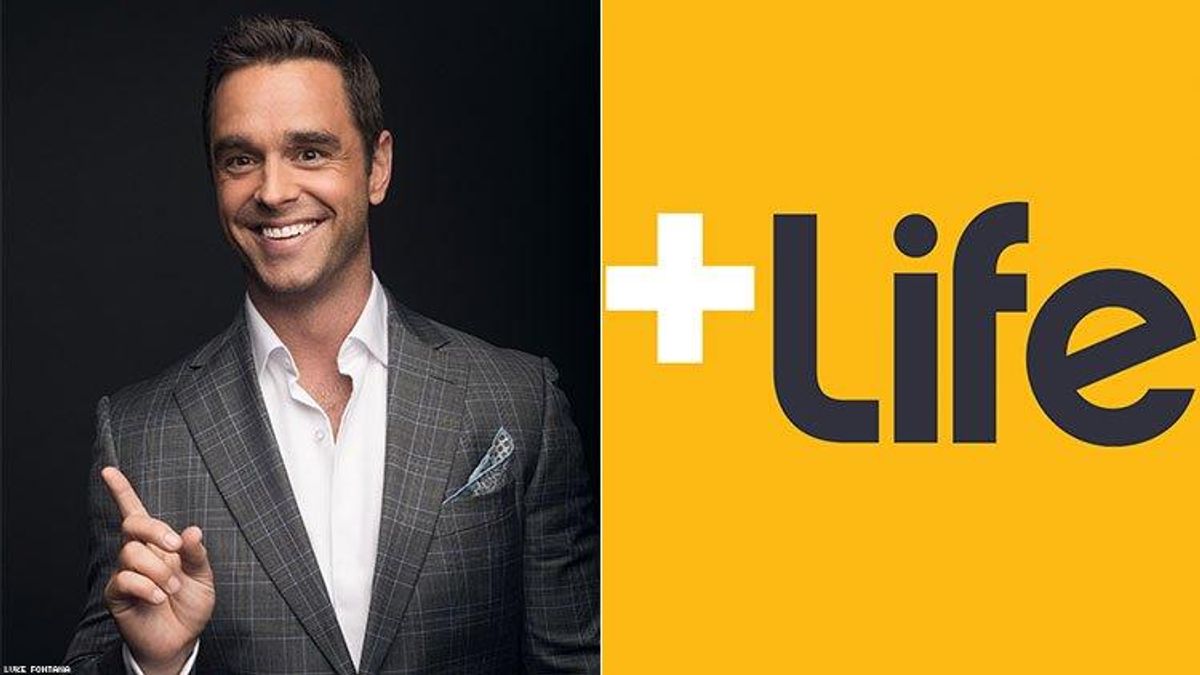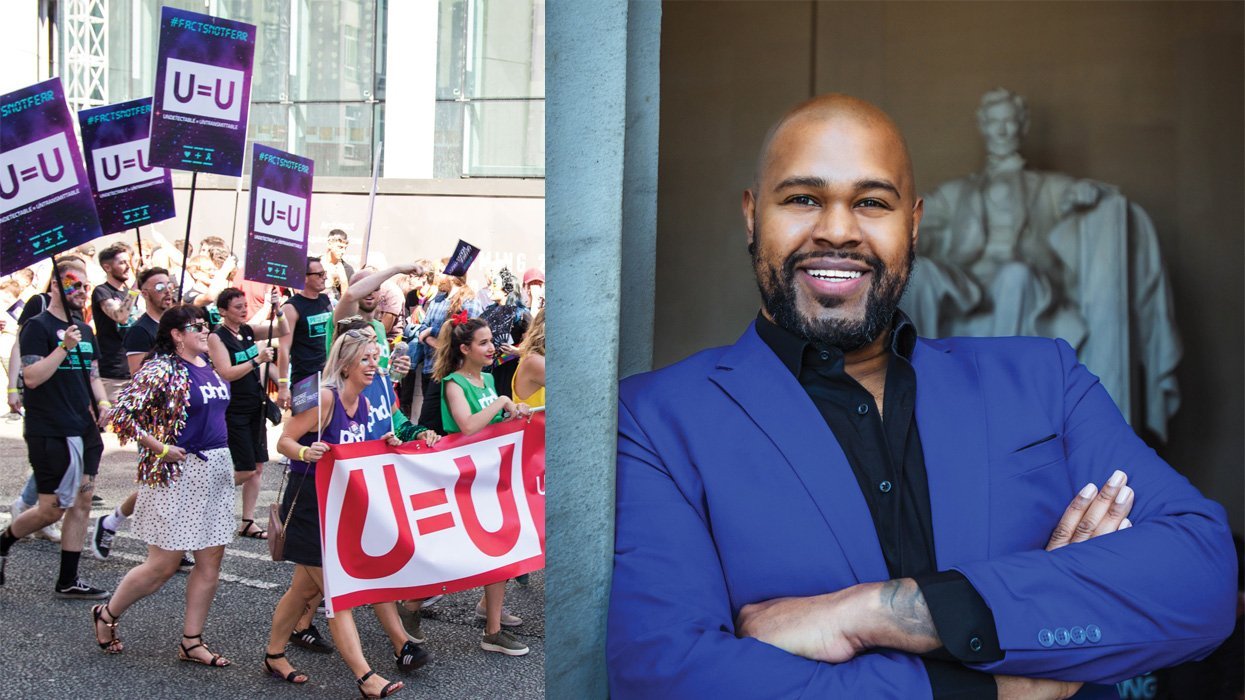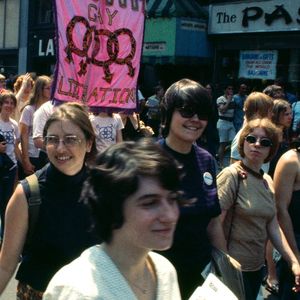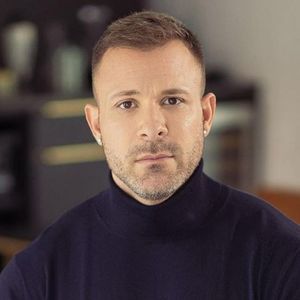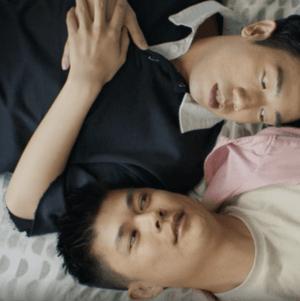In March 2018, I let my fingers do the talking. It wasn’t planned. There had been no discussion amongst friends or colleagues or the people at ABC whom I work for. No consultations with people I know in the PR business had been had. I simply just told my truth in that moment. What happened next still has me scratching my head and asking, why? It’s a double-edged sword.
As my boss at ABC remarked to me in the days after I decided to talk openly on social media about my HIV status, “I just don’t see how this is a news story anymore.” She had a point. It was 2018. HIV wasn’t the death sentence it once was. We have medicine now that means someone can live with HIV, be undetectable, not transmit the virus, and, quite frankly, expect to live a long and full life. So why all the fuss? The reality is, HIV does still matter. It is still a news story – and one, in my opinion, that hasn’t been updated and shared to reflect the realities of the times we are living in.
I’ve come to learn a lot about myself over the last two years. I had no idea the amount of internalized self-stigma I had put on myself. Add to that the external “mainstream” stigma that already surrounds HIV and it is no wonder people’s fear of HIV is stronger than ever. Stigma kills. HIV doesn’t have to.
The day I was diagnosed I was newly 27 years old. I had a great job in London and a boyfriend that I truly loved who at the time was touring the world in a production of the musical Hairspray. On the surface, at least, I seemed to have everything going for me. Working in entertainment in Soho London, hanging out with celebrities, going to clubs and parties – and of course the drugs. You name it, there wasn’t a letter of the alphabet that I didn’t ingest at some point. And why not? Young, cute-ish (if I do say so myself), cheeky, and excited by all the possibilities that lay ahead of me. I, like many 27-year-old gay men in the early 2000s, was invincible. And then I heard those words. “You tested positive for HIV.”
It was like a red digital countdown clock started ticking backward over my head. As I walked back to my office across Soho Square on that cold foggy October afternoon, all I could think of was “how could I do this to my parents?” After all, it was bad enough I turned out gay, but now I had gone and got the one thing that we had learned through the media kills the gays. The one thing my mother had categorically told me when I came out not to go and get!
That shame. That disappointment in myself. That feeling that I had “fucked up” is something I think is universally felt by people who get an HIV diagnosis.
Had I been told I had testicular cancer or lymphoma or even diabetes I doubt my immediate reaction would have been that I let people down. But there’s something in those three letters and a + that makes us all feel like we have screwed up. Instead of worrying about “what next” regarding my health, I was worried about how my parents would react and how friends and family would treat me – and what would this mean for my career in television, especially in front of the camera?
Over the coming days, weeks, months, years, I came to terms with my sentence. I call it a sentence because that’s exactly what I felt I was facing. From the moment she said, “you’ve tested positive,” I felt like a pair of handcuffs had been slapped on me. And again, I think that’s a pretty universal feeling for people who receive an HIV diagnosis. It wasn’t until a man named Bruce Richman slid into my DMs via Twitter that I learned this couldn’t have been further of the truth. If it wasn’t for him and his tireless work along with many activists advocating the U=U message, which is based 100 percent on science (and is fact!), would still be saying (and believing) that I am “damaged goods” or “toxic” or “not worth the risk.”
Undetectable Equals Untransmittable has not just changed my life, but the lives of millions of people living around the world who believed their HIV diagnosis – even though it was no longer a death sentence – was still a sentence all the same. The problem is, the U=U science is still not getting out in the mainstream and connecting with the masses as it should. We seem stuck in the 1980s and early 90s when fear was used to shock and scare people into action.
Commercials like the Grim Reaper campaign that ran in my homeland of Australia and in the U.K. put the fear of God in not just the “gays and IV drug users” but also the mainstream. Coca-Cola taught the world to sing. Nike has told us to “just do it.” McDonald’s reminds me frequently that “I’m lovin’ it,” and L’Oréal tells us we are “worth it.” We may not drink the cola, wear the sneakers, eat the burgers, or apply the foundation, but we know what those messages stand behind and we embrace them. The Grim Reaper campaign told us that AIDS kills and to fear it and those who have it. And not since the horrors of that campaign were pulled early from TV and cinema screens has the world really seen an honest “mainstream” update on what HIV and living with HIV means anymore.
Only in the last twelve months or so have we started to see commercials turning up on network television in primetime for HIV meds (in the U.S.). How can it be that it’s taken nearly 40 years for the media to show people living happy, healthy, successful lives who just happen to be living with HIV? This needs to change. And the mainstream media through film, television and, commercials has a responsibility to add to the diversity of roles and characters that we see and connect with to include those who just happen to be living with HIV. Finally, shows like FX’s Pose and ABC’s How To Get Away With Murder are pulling HIV out of the horror genre and showing the human side of the virus in a way that doesn’t strike fear.
That being said, it is because of this lack of representation that I partnered with two cisgender, straight, HIV-negative men to create +Life. The three of us came up with the idea inspired by the outpouring of overwhelming support I received from people all around the world after I spoke publicly about my HIV diagnosis. To this day I receive multiple messages in my inboxes on social media from people saying, “thank you.” I had no idea that by me being honest and living my truth, I would be connecting with so many who are still afraid to step out of the shadows and into the warm sunshine of life because they are scared to death of how people close to them will react, if they themselves were to live their truth.
+Life was born out of this connection I have been lucky to have with these beautiful human beings who are craving and inspiring for the things we all want in life but feel that they no longer deserve because they are HIV-positive. Why is it that we still feel this way? It’s because of the stigma. I hope that through +Life we can show the world – those living with HIV and those who are not – that just because you have those three letters and a symbol attached to your name, they never need to confine you or define you. +Life is a digital lifestyle brand that lives across all social media platforms on @pluslifemedia and at pluslifemedia.com that unites and brings together people from all walks of life. All colors, all genders and gender identities, all religions and beliefs and shows us through digital programming and social posts how to turn positive into a plus.
I scratch my head still to this day about the reaction to me speaking my truth two years ago because as my boss said at the time, “this shouldn’t be a news story." But it is. Hopefully, I can be a part of the change in and evolution in that story so that one day hearing the words, “you tested positive for HIV” no longer means a sentence.
Karl Schmid is a correspondent at ABC7 Los Angeles and a cofounder of +Life.
